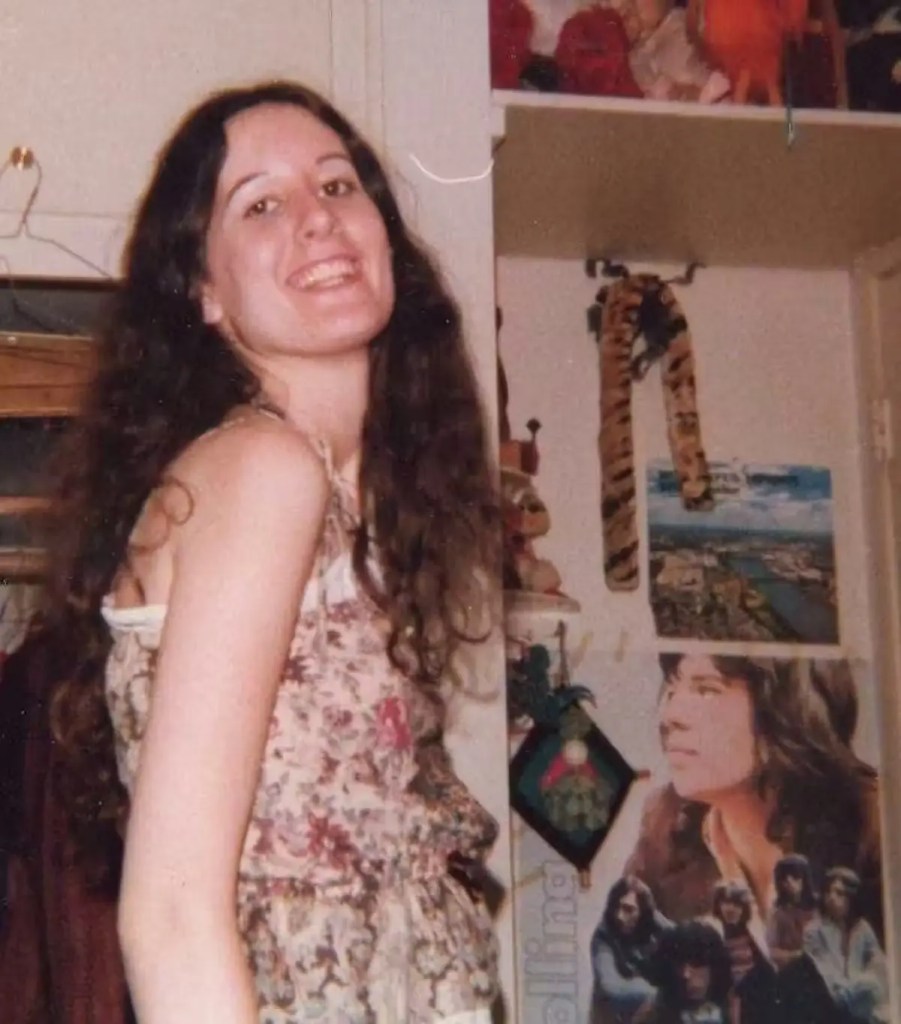Saving the earth is, well, a big job.
Thinking about the sheer scale of the problem can be overwhelming.
And while there are some major steps we need to take collectively on a global scale to solve climate change, there are a few things each of us can do to make a personal impact.
Because you gotta start somewhere, right?
So start right here, and let these charming animated animals, the stars of a series of videos from Animal Planet, give you a few pointers on how to do your part.
Because it’s their home too, you know.
1. Go easy on the showers.
All GIFs via Animal Planet/YouTube.
You don’t have to convince me that long, hot showers are totally awesome. But they also are one of the biggest chunks of our residential water use. In the U.S. alone, we use almost 1.2 trillion gallons of water just for showering. That’s enough to supply New York and New Jersey with all of their water for the whole year! Clipping just two minutes off your shower can personally save 10 gallons of water each day.
But if cutting down on shower time just isn’t gonna happen (again, I totally get it) consider replacing your showerhead with a more water-efficient model. It costs between $10 and $20 and requires minimal handyman skills.
2. Unplug those devices.
Even when you’re not using them, phone chargers, coffee makers, cable boxes, and other electronics draw power. They’re known as energy vampires, for the way they drain electricity and money. A typical household has 25 electronic devices plugged in at any given time, so it’s no surprise that energy vampires can account for around 20% of the average electric bill. Ouch!
3. Recycle your plastic bags the right way.
According to the Clean Air Council, an estimated 102.1 billion plastic bags are used in the U.S. each year, and fewer than 1% of those are recycled. Instead, much of the waste winds up in landfills or worse, our rivers and oceans. Birds, turtles, and other marine animals are dying from intestinal blockages, choking, and starvation.
What can you do? Recycle your bags whenever you can, and call on plastic producers to create more eco-friendly and recyclable solutions.
Or better yet, BYOB: Bring your own bag.
You can avoid plastic altogether, and many stores give shoppers a discount for bringing their own bag.
4. Get your home winter-ready.
Pumping up the heat is one way to stay warm this winter, but it also a way to burn lots of natural gas and money. If your health allows, consider setting your thermostat to 68 or lower. In the 60-degree-to-70-degree range, you can save 5% on your your energy costs for every degree you lower your heat.
You can also winterize your house or apartment, checking for leaks around windows and doors and making sure your furnace filters are fresh and clean. These simple steps can save natural gas and potentially lower your bills this winter.
5. Pick up after yourself.
As this angry cartoon leopard, or this very real disfigured turtle will tell you, litter is THE WORST. Litter harms animals both directly, by choking, strangling, or poisoning them, and indirectly. These indirect incidents occur when animals eat trash or food thrown to the side of the road and risk running into traffic.
But tragedies like this are 100% preventable. And properly disposing your trash is one of the easiest things you can do to make a difference right this second.
And while you’re at it, recycle too.
6. Consider swapping out a few lightbulbs.
Traditional incandescent bulbs use more energy and burn out faster than compact fluorescent (CFL) bulbs. While CFL bulbs are a little more expensive upfront, they last six times as long and provide a quick return on investment. In fact if every home in the U.S. replaced one incandescent bulb with an Energy Star-qualified CFL, it could prevent greenhouse gas emissions equivalent to over 800,000 cars each year.
Speaking of which…
7. Give your car a break.
In an effort to reduce congestion downtown during the 1996 Olympic Games in Atlanta, car travel restrictions were put in place. During the games, traffic declined an estimated 23%. In that time, ozone concentrations dropped about 28% and acute care visits for children with asthma fell 41%. More recently, check out what happened to the sky when Beijing put driving restrictions in place for two weeks.
While limiting traffic citywide is likely a no-go, making the personal commitment to drive less is something each of us can do. Replacing short automobile trips with walking, biking, or public transit is a simple way to cut down on our personal CO2 emissions and perhaps improve our air quality in the process.
You don’t need to be Captain Planet to do right by the earth.
Small acts can make a big difference. You can do your part by making even just one or two of these changes. You can also point and click your way to a better world by signing this petition to support America’s Clean Power Plan.
This is the only Earth we’ve got. And since it’s the only place humans (and claymation animals) can call home, every positive step, even a small one, is a step worth taking.
























